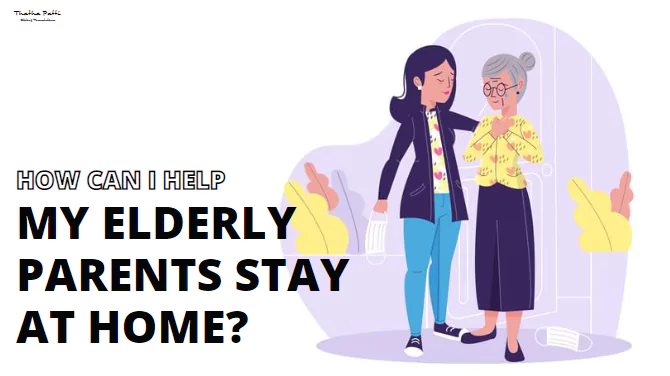- June 01, 2023
- Geriatric patient care
Needs of Geriatric Patient Care

Geriatric patients are individuals over the age of 65 who require specialized medical care due to age-related changes in their health. As individuals age, they are more likely to develop chronic illnesses and experience physical and cognitive decline, which can impact their daily lives. In this blog, we will discuss the various needs of geriatric patients and how healthcare professionals can provide appropriate care.
Physical needs
Geriatric patients often have a range of physical needs that require specialized care. Many older adults experience mobility issues, including difficulty walking, balancing, and standing for long periods. Healthcare professionals should assess the patient's mobility and work with them to develop a plan to improve their mobility.
Geriatric patients may also experience chronic pain, particularly in the joints, which can be caused by arthritis or other degenerative conditions. Healthcare professionals should work with the patient to manage their pain through medication, physical therapy, or other treatments.
Other physical needs of geriatric patients include proper nutrition, hydration, and medication management. Healthcare professionals should work with the patient to ensure they are receiving a balanced diet, staying hydrated, and taking their medications as prescribed.
Cognitive needs
Geriatric patients may experience cognitive decline due to aging or conditions such as dementia or Alzheimer's disease. Cognitive decline can impact the patient's ability to communicate, make decisions, and care for themselves.
Healthcare professionals should assess the patient's cognitive abilities and work with them to develop a plan to manage their care. This may include providing cognitive stimulation, such as puzzles or games, and implementing safety measures to prevent falls and other accidents.
Emotional needs
Geriatric patients may experience emotional challenges related to aging, chronic illness, and social isolation. Healthcare professionals should work with the patient to identify their emotional needs and provide support and resources to address them.
This may include providing emotional support through counseling or therapy, connecting the patient with support groups, and encouraging social activities and interactions.
Social needs
Social isolation is a common issue among geriatric patients, particularly those who live alone or have limited social networks. Healthcare professionals should work with the patient to identify their social needs and connect them with resources to help them stay connected with others.
This may include connecting the patient with senior centers, volunteer programs, or community organizations. It may also involve encouraging family members or caregivers to spend more time with the patient and engage in social activities together.
Spiritual needs
Geriatric patients may also have spiritual needs that require attention. Healthcare professionals should work with the patient to understand their spiritual beliefs and provide support to help them maintain their spiritual well-being.
This may include connecting the patient with spiritual or religious organizations, providing support for end-of-life issues, and helping the patient to maintain a sense of purpose and meaning in their daily life.
Geriatric patients have a range of needs that require specialized care and attention. Healthcare professionals should work with the patient and their family to identify their physical, cognitive, emotional, social, and spiritual needs and provide appropriate care and support.
By taking a holistic approach to care, healthcare professionals can help geriatric patients maintain their physical and mental health, improve their quality of life, and ensure they receive the care and support they need to thrive in their later years.





